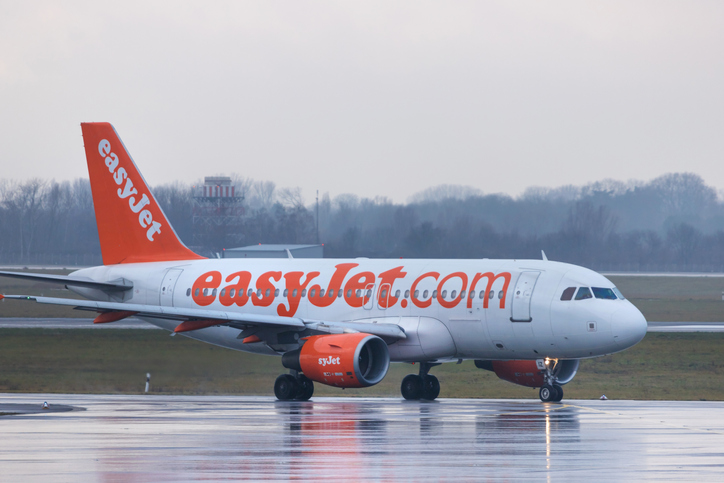ii view: easyJet resizes for long recovery
A limited service should begin in June, but the outlook remains highly uncertain.
28th May 2020 15:22
by Keith Bowman from interactive investor
A limited service should begin in June, but the outlook remains highly uncertain.

Capacity, fleet and cost structure update
- Cutting staff by up to 30%
- Reducing its 2021 fleet size to around 302 aircraft - 51 below pre-Covid estimate
Guidance:
- Offering no financial estimates for the remainder of the 2020 financial year
- In Q4 2020, it expects to fly around 30% of the planned capacity flown in Q4 2019
- Market demand not expected to recover to 2019 levels until 2023
ii round-up:
Launched in 1995 and floated on the London Stock Exchange in 2000, easyJet (LSE:EZJ) is a short-haul European airline operating a fleet of Airbus aircraft.
In its last financial year to the end of September 2019, it flew 96.1 million passengers and recorded revenues of over £6 billion.
For a round-up of this latest update, please click here.
ii view:
easyJet focuses on developing strong positions in Europe’s leading airports. Its five key strategic priorities are to be number one or number two in primary airports, winning customer loyalty, offering value by efficiency, employing the right people and innovating with data.
Investors in any airline company must be prepared for an often turbulent ride. Volatile fuel costs, the threat of terrorism, weather and industrial action by staff can all hit hard. But the corona crisis has taken things to a new level.
A series of swift actions taken by management including those announced today, mean that it has generated additional liquidity of £2 billion to cope with operational cash burn for its grounded fleet of between £30 million and £40 million a week.
For investors, measures taken to conserve cash and help it survive the grounding of its fleet offer firm reassurance. Plans for a limited return of flights in June and current customer booking trends also offer reason for optimism. But despite a sizeable recovery in the share price over the last two weeks, the degree of uncertainty around the outlook remains significant, with easyJet shares, for now, still only for brave investors with a longer-term perspective.
Positives:
- Fast action taken to boost cash liquidity
- Previously launched a holiday business to try and capture accommodation bookings
Negatives:
- Market demand not expected to recover to 2019 levels until 2023
- Many factors outside of management’s control can impact performance
The average rating of stock market analysts:
Strong hold
These articles are provided for information purposes only. Occasionally, an opinion about whether to buy or sell a specific investment may be provided by third parties. The content is not intended to be a personal recommendation to buy or sell any financial instrument or product, or to adopt any investment strategy as it is not provided based on an assessment of your investing knowledge and experience, your financial situation or your investment objectives. The value of your investments, and the income derived from them, may go down as well as up. You may not get back all the money that you invest. The investments referred to in this article may not be suitable for all investors, and if in doubt, an investor should seek advice from a qualified investment adviser.
Full performance can be found on the company or index summary page on the interactive investor website. Simply click on the company's or index name highlighted in the article.